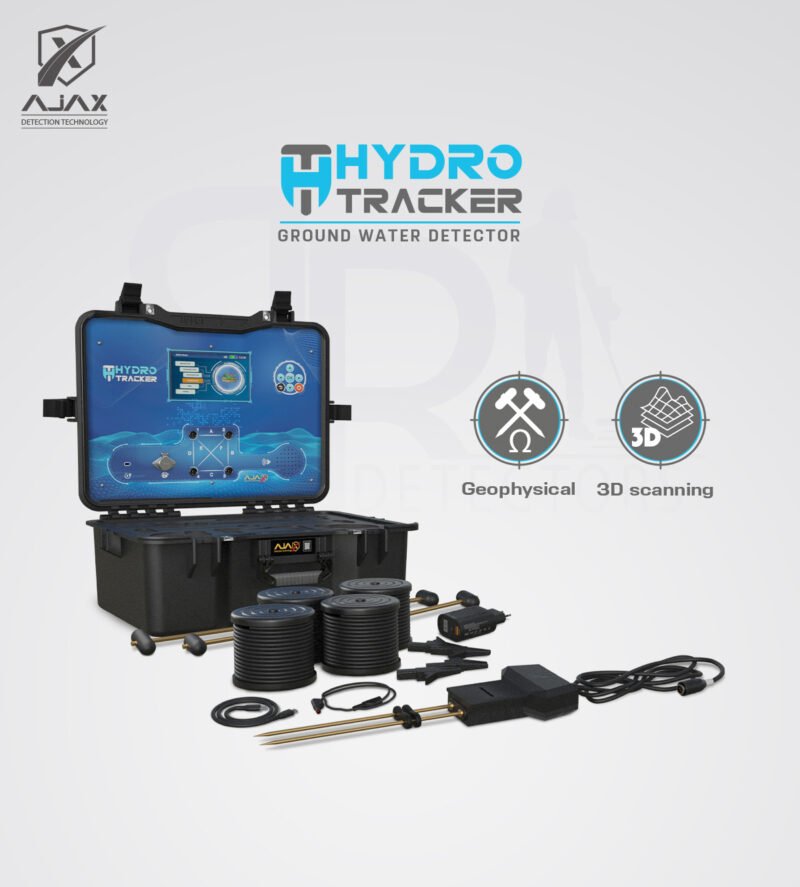Cloud computing has revolutionized the way businesses and developers approach IT infrastructure. The CS 498 Cloud Computing Applications course, offered by various universities, dives deep into the essential tools, technologies, and real-world applications of cloud computing. In this course, students gain a detailed understanding of cloud systems, their underlying technologies, and how they can be used to create scalable and efficient applications. This article will cover the key aspects of CS 498 Cloud Computing Applications, including topics covered, learning outcomes, and career opportunities.
What is Cloud Computing?
Before diving into the specifics of the CS 498 Cloud Computing Applications course, it’s essential to understand what cloud computing is. Cloud computing allows businesses and individuals to access computing services (such as storage, databases, and processing power) over the internet. These services are hosted on remote servers, making them accessible from anywhere at any time, without the need for extensive local infrastructure.
There are three primary models of cloud services:
- Infrastructure as a Service (IaaS): Provides virtualized computing resources over the internet.
- Platform as a Service (PaaS): Offers a platform for developers to build, test, and deploy applications.
- Software as a Service (SaaS): Delivers software applications over the internet on a subscription basis.
Overview of the CS 498 Cloud Computing Applications Course

The CS 498 Cloud Computing Applications course is designed for students interested in cloud computing’s theoretical and practical aspects. The course aims to provide in-depth knowledge of cloud computing technologies, their architecture, and how to leverage cloud-based solutions to build scalable applications. The course typically covers topics such as:
- Cloud Architecture: Understanding the design and architecture of cloud systems.
- Virtualization: Exploring how virtual machines and containers are used in cloud environments.
- Cloud Storage and Databases: Learning about distributed storage solutions such as Amazon S3 and Google Cloud Storage.
- Cloud Security: Understanding security concerns and best practices for cloud-based systems.
- Scalability and Load Balancing: Examining how cloud applications handle large-scale user demands.
- DevOps in the Cloud: Exploring tools and methodologies for continuous integration and deployment in cloud environments.
Students will work on projects and case studies to apply their knowledge and develop hands-on skills. The course often includes working with popular cloud platforms such as Amazon Web Services (AWS), Google Cloud Platform (GCP), and Microsoft Azure.
Learning Outcomes
Upon completing the CS 498 Cloud Computing Applications course, students will have developed a strong foundation in cloud computing concepts. Key learning outcomes include:
- Proficiency in Cloud Platforms: Students will be familiar with leading cloud platforms such as AWS, Azure, and GCP.
- Ability to Design Scalable Systems: Students will learn to design and implement scalable, reliable, and secure cloud applications.
- Understanding of Cloud Security: Knowledge of the best practices for securing cloud applications and protecting sensitive data.
- DevOps Expertise: Familiarity with DevOps tools such as Jenkins, Kubernetes, and Docker, used for automating cloud deployments.
- Hands-On Experience: Practical experience in deploying and managing applications on cloud platforms through real-world projects.
Why Learn Cloud Computing?
Cloud computing is an integral part of modern businesses. As more organizations migrate their operations to the cloud, the demand for professionals skilled in cloud technologies is growing exponentially. Here are a few reasons why learning cloud computing is essential:
- High Demand for Cloud Professionals: The need for cloud architects, engineers, and developers is at an all-time high, with competitive salaries and opportunities for growth.
- Scalability of Cloud Solutions: Cloud technologies allow companies to scale their operations efficiently, adapting to changes in demand without needing physical infrastructure.
- Innovation and Agility: Cloud computing enables businesses to innovate faster by leveraging cutting-edge technologies and services provided by cloud platforms.
- Cost Efficiency: Cloud-based solutions are often more cost-effective than traditional infrastructure, as businesses only pay for the services they use.
Real-World Applications of Cloud Computing
Cloud computing plays a vital role across various industries, enabling organizations to streamline operations, reduce costs, and innovate. The CS 498 Cloud Computing Applications course explores many of these real-world applications, including:
- Healthcare: Cloud platforms are used for storing patient data, enabling telemedicine, and managing hospital information systems.
- E-Commerce: E-commerce platforms leverage the cloud for handling large amounts of customer data, online transactions, and scaling during peak demand times.
- Finance: Banks and financial institutions use the cloud to store sensitive financial data, run algorithms for trading, and enhance their cybersecurity measures.
- Entertainment and Media: Streaming services like Netflix and Spotify use cloud computing to deliver content seamlessly to millions of users worldwide.
- Education: Online education platforms such as Coursera and edX use the cloud to deliver courses to students globally, providing scalable and flexible learning environments.
Key Technologies Covered in CS 498 Cloud Computing Applications
The CS 498 Cloud Computing Applications course covers a variety of technologies critical to cloud computing. Some of the key technologies students will work with include:
- Amazon Web Services (AWS): AWS is the leading cloud service provider, offering a range of cloud-based services for computing, storage, and databases.
- Google Cloud Platform (GCP): GCP provides developers with tools for building, testing, and deploying applications in the cloud.
- Microsoft Azure: Azure is a popular cloud platform known for its integration with Microsoft products and services.
- Docker and Kubernetes: These tools are used for containerization and orchestrating containerized applications in the cloud.
- Terraform: A tool used for automating the management of cloud infrastructure.
Table: Popular Cloud Computing Certifications
| Certification | Cloud Platform | Skill Level | Description |
|---|---|---|---|
| AWS Certified Solutions Architect | Amazon Web Services | Intermediate | Validates knowledge of designing scalable systems on AWS. |
| Google Professional Cloud Architect | Google Cloud Platform | Intermediate | Proves skills in designing and managing cloud infrastructure on GCP. |
| Microsoft Certified: Azure Solutions Architect | Microsoft Azure | Intermediate to Advanced | Demonstrates expertise in designing cloud and hybrid solutions using Azure. |
| Certified Kubernetes Administrator (CKA) | Kubernetes | Intermediate to Advanced | Validates skills in managing Kubernetes clusters in cloud environments. |
Career Opportunities After Completing CS 498 Cloud Computing Applications

Graduates of the CS 498 Cloud Computing Applications course are well-prepared for a variety of roles in cloud computing. Some popular career paths include:
- Cloud Architect: Designs and oversees the implementation of cloud infrastructure and solutions.
- Cloud Engineer: Builds, deploys, and maintains cloud-based applications and services.
- DevOps Engineer: Specializes in automating and optimizing cloud deployments using tools such as Kubernetes and Docker.
- Cloud Security Analyst: Focuses on securing cloud environments and ensuring data privacy.
- Cloud Consultant: Provides businesses with guidance on migrating to and utilizing cloud technologies effectively.
The demand for cloud computing professionals is expected to continue growing as more businesses adopt cloud-based solutions.
FAQs
What is the focus of the CS 498 Cloud Computing Applications course?
The course focuses on cloud computing technologies, architectures, security, and real-world applications, providing hands-on experience with popular cloud platforms such as AWS, Azure, and Google Cloud.
Are there any prerequisites for enrolling in CS 498?
While prerequisites vary by institution, a solid understanding of programming, networking, and systems design is typically recommended.
What are the career prospects after completing this course?
Graduates can pursue roles such as Cloud Architect, Cloud Engineer, DevOps Engineer, or Cloud Security Analyst.
How is the course structured?
The course includes lectures, hands-on projects, and case studies that allow students to apply their knowledge to real-world cloud computing challenges.
Which cloud platforms are covered in CS 498?
The course covers Amazon Web Services (AWS), Google Cloud Platform (GCP), and Microsoft Azure, among others.
The CS 498 Cloud Computing Applications course offers an excellent opportunity for students to gain practical knowledge of cloud computing technologies. With cloud computing becoming an essential part of modern IT infrastructure, professionals with cloud skills are in high demand. By mastering cloud platforms and technologies, graduates of this course will be well-positioned for success in a rapidly evolving industry.








